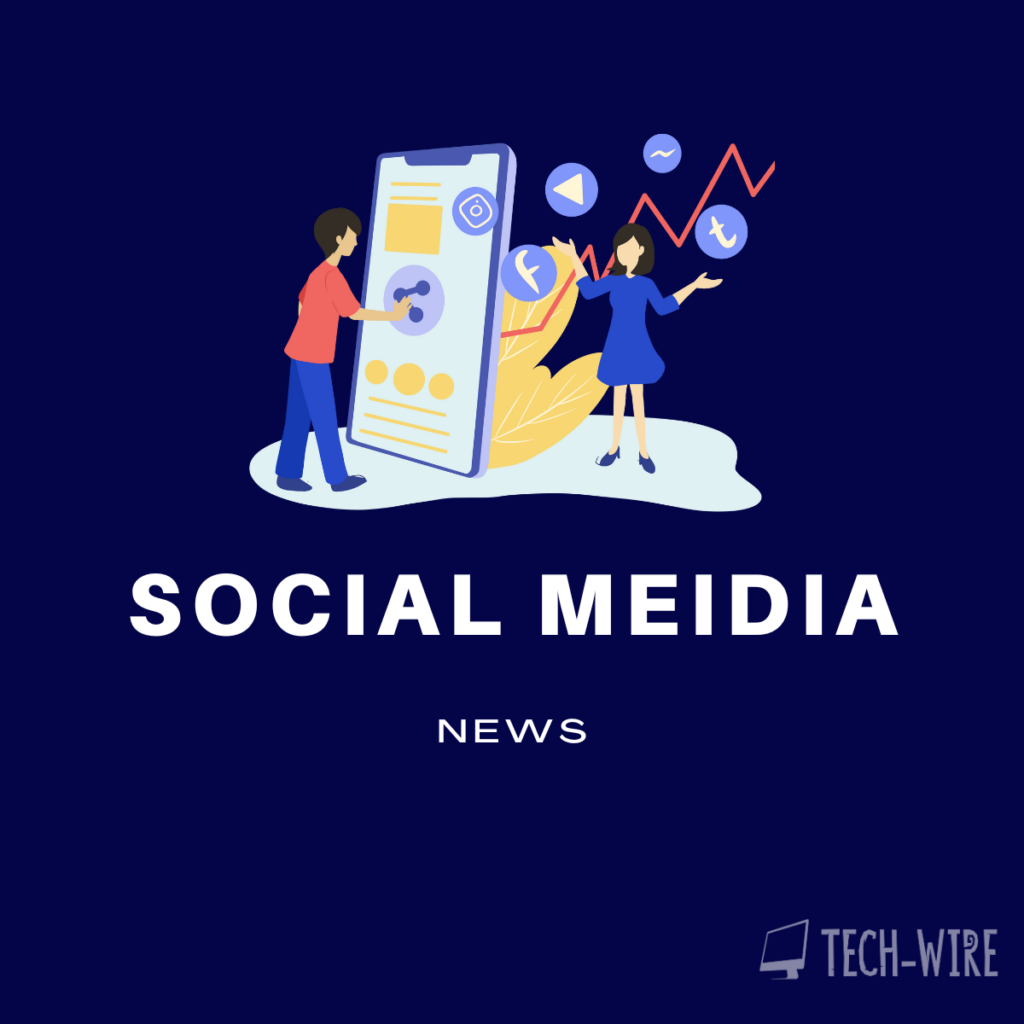New Details Emerge About Meta’s ‘Hypernova’ Smart Glasses
It’s September, which means we’re just days away from Meta’s 2025 Connect Conference, where it’s expected to unveil new details about its various next-level projects, including AI, AR glasses, VR, and all that may lie in-between.
Indeed, for his keynote address, the Connect website says:
“Join Mark Zuckerberg as he shares the latest on AI glasses and lays out Meta’s vision for artificial intelligence and the metaverse.”
That’s right, the metaverse, that fictional, but maybe also real, VR-based environment where we’ll one day all be engaging with each other via virtual avatars in generated environments.
Believe in that or not, Meta’s still keeping it as part of its broader development vision, while we’ll also learn more about its latest VR headsets.
Which Meta actually previewed last week:
Take a peek into what the future of headsets might hold. pic.twitter.com/TYHg37jGUL
— Meta (@Meta) August 28, 2025
Meta doesn’t say that any of these prototypes will enter production, but this does provide a glimpse into what Meta’s been working on in the VR space, which is a big part of Zuckerberg’s future vision.
Also last week, details were reportedly leaked about Meta’s upcoming “Hypernova” AI glasses, which are expected to be the next evolution of its Ray Ban Meta glasses.
According to reports, Meta’s Hypernova glasses are scheduled to enter production later this year, with a view to selling around 200k units over the next two years. AI functionality will be the key focus of the new device, as opposed to full-immersive AR, which will be the next major leap for consumer wearables.
Yet at the same time, Meta is planning to integrate “a small augmented-reality display in the right lens,” that will be visible to the wearer. The company’s hope is that by integrating the first stage of its AR push, that will enable it to get to market with such ahead of Apple, which is also developing an updated version of its Vision Pro device.
Which also relates to pricing. At this stage, Meta’s Hypernova glasses are projected to cost around $800, which is a far cry from the $3.5k that Apple’s priced its initial Vision Pro units at. This has been a key focus for Meta, in finding cost efficiencies in order to bring the price down, and ensure mass adoption of its wearable devices. Apple seems less concerned about this aspect.
There’s been much discussion about Meta’s Hypernova project over the past few years, and it seems like we’re now only weeks away from seeing what the company’s actually planning, and where it’s placed in the broader AR race.
Meta has long maintained that its fully-immersive AR glasses won’t be available to consumers till 2027 at the earliest, though it is planning to release its current model Aria AR device to developers later this year.
So they are close, but the expectation is that Meta won’t be announcing any major changes in the Aria timeline at Connect.
But it is heading in that direction. And with Apple building Vision Pro 2, and Snap planning to push the launch of its AR device in stores next year, Meta likely needs to make a move in order to maximize its potential on this front.
Which Zuckerberg knows all too well. Meta’s been developing AI for years, but it wasn’t till OpenAI launched ChatGPT that Meta suddenly felt the need to accelerate its projects.
OpenAI is arguably still benefiting from first-mover advantage in this respect, and I suspect Meta won’t make the same mistake in letting Apple of Snap beat it to the punch with functional AR wearables.
Originally published at Social Media Today

